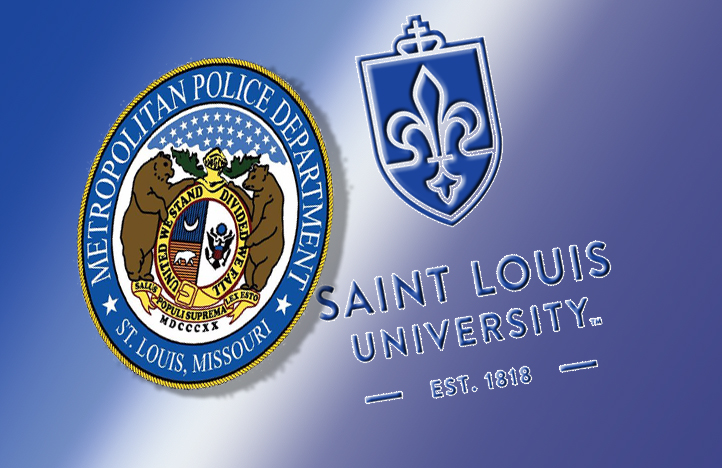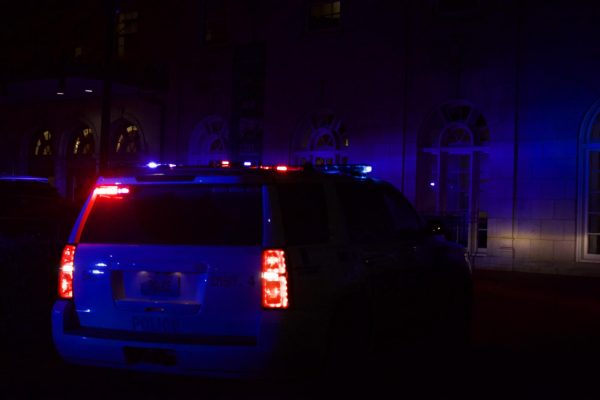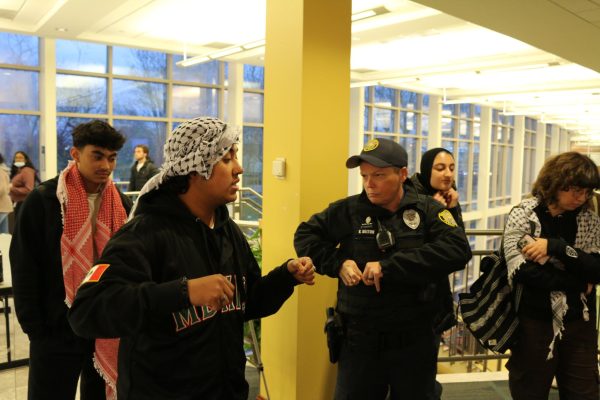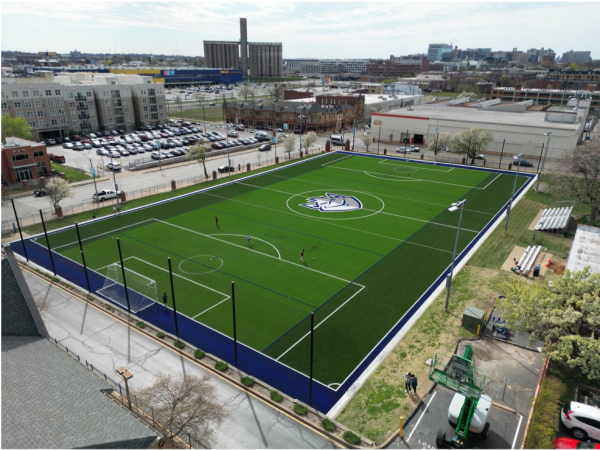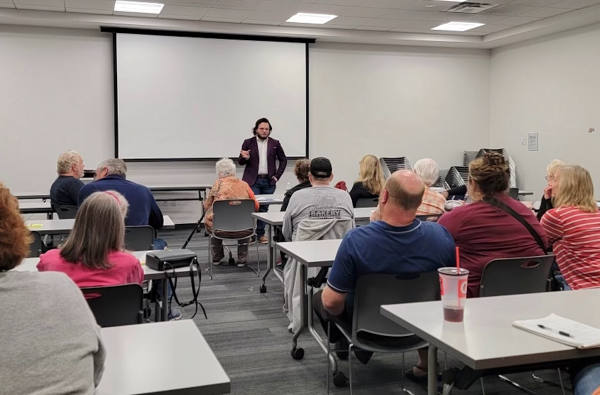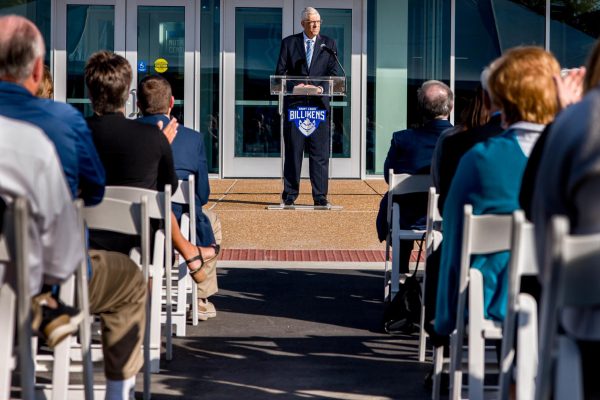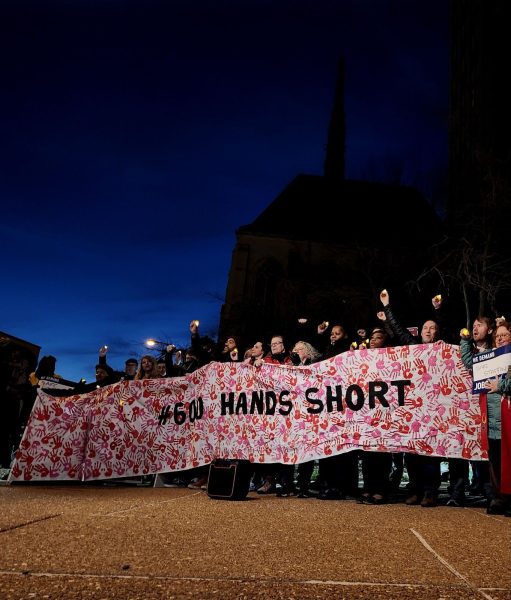University Response to Sexual Assault Allegations
On Oct. 16, at 11:03 a.m., the Department of Public Safety and Emergency Preparedness issued a Timely Warning email about a Saint Louis University student who reported that she was sexually assaulted on campus earlier that day. About six hours later, at 5:24 p.m., DPS issued another Timely Warning email about a woman not affiliated with SLU who reported being sexually assaulted on Oct. 8.
These emails, in compliance with the Jeanne Clery Disclosure of Campus Security Policy and Crime Statistics Act, a federal law that requires that universities disclose crimes committed on and near their respective campuses, are the latest reports of sexual misconduct on campus this semester. According to the Office of Institutional Equity and Diversity, the number of reports is in-line with previous years. In the DPSEP’s Annual Security and Fire Safety Report, there were 12 reported cases of rape on campus in 2016, and 10 in 2015. This is up from the four reported cases in 2014.
One reason that women are speaking out about their sexual assaults is because of the larger community being more involved, according to Title IX Coordinator Anna Kratky. “There’s a huge conversation that is happening around sexual harassment and sexual assault, which is a good thing,” she said.
With all the news of sexual assault and harassment allegations in Hollywood in recent weeks, like those against Harvey Weinstein, many women have chosen to speak out about their own experiences. The #metoo movement that trended on social media for a few weeks aimed to show just how far-reaching the issue of sexual assault is. “We hate to see that people are suffering in seeing all these hashtags and seeing these stories, but we are happy that people are seeking help,” said Kratky.
On Oct. 25, an email from the Office of the President went out to the SLU community addressing these incidents. In the message, Dr. Fred Pestello outlined how the University is planning to act in light of the recent allegations. Among the specifically-listed steps, a campus climate survey and Haven, the online training module, will be part of efforts to eliminate sexual misconduct on campus.
The survey is planned for release to the student body in the upcoming spring semester, according to Kratky. “It’s an exciting opportunity for students to respond in an anonymous way,” she said.
The main reason for the survey is for the University to learn how to better help students, as well as to collect data and give it back to the SLU community during Sexual Assault Awareness month in April. “We don’t want to hide these issues,” said Kratky.
Haven will also continue to be mandatory, but with stricter ramifications. Starting in the 2018-2019 school year, all returning students will have to complete a refresher module, or they will lose access to mySLU, disabling them from registering for classes, among other functions of the online portal. First-year students will still have to go through the whole training module. According to Krakty, this is in-line with most other schools that employ Haven.
Dr. Pestello also plans to meet with the Assembly for Sexual Assault Prevention, a Student Government Association committee established last semester, to “collaborate with them to identify other ways to more effectively implement existing and new programs and actions,” according to his email.
ASAP co-chair Shilee Mirghahari said that the aim of the meeting is to communicate goals and to implement initiatives to meet those goals. “More importantly, we hope to provide feedback regarding how these situations are handled on our campus based on the experiences of fellow students,” she said.
Overall, ASAP will assist organizations in executing events that involve sexual assault prevention and will have delegates to help inform the SLU community on how to report sexual misconduct both on and off campus. Students who wish to get involved with ASAP can do so by attending the next open meeting on Nov. 27 at 5:30 p.m. in the Senate Chambers.
What else needs to happen to eliminate sexual misconduct? According to Kratky, consent training is one of the biggest issues. “Teenagers are just not taught what good consent looks like, and that presents a challenge for not only SLU, but for every college around the country,” she said. “That is something we have been working on and will continue to work on.”
Your donation will support the student journalists of Saint Louis University. Your contribution will help us cover our annual website hosting costs.


